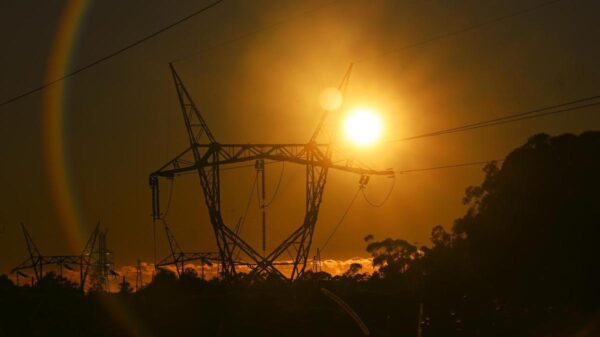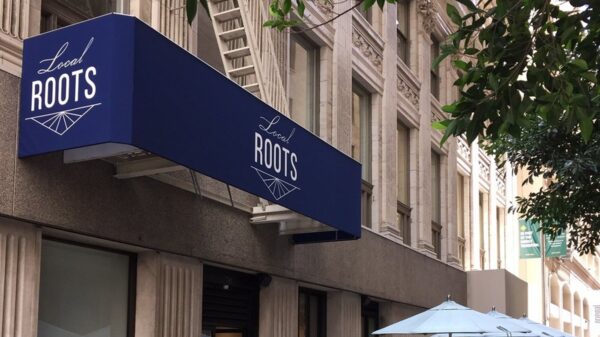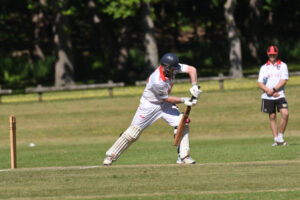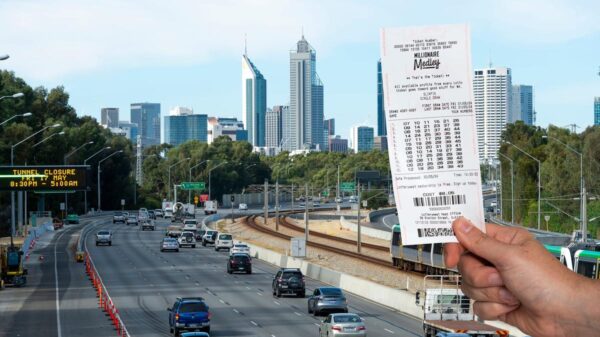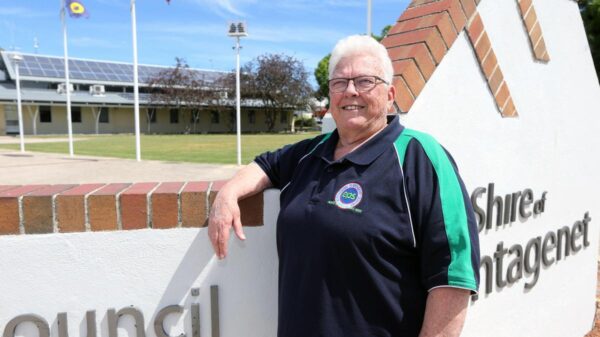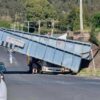UPDATE: A new Senate inquiry into the devastating algal bloom crisis affecting South Australia has just commenced, sparking urgent calls for broader public participation. The inquiry is currently limited to public hearings in Port Lincoln, leading to concerns that many affected residents and businesses will be silenced.
The Hon. David Basham, Shadow Minister for Environment, expressed his support for the inquiry but criticized its restrictive format. “While we welcome the inquiry, it’s concerning that the only place where the public can give evidence is Port Lincoln,” Basham stated. “For many, this simply isn’t feasible, especially when the algal bloom has devastated coastlines right across South Australia.”
The inquiry comes after the harmful algal bloom has wreaked havoc on marine life, local economies, and the environment, raising alarms among residents who feel their voices are not being heard. The crisis has left communities grappling with its impacts, and Nicola Centofanti, Shadow Minister for Primary Industries, emphasized the urgency of addressing the government’s inadequate response.
“The Malinauskas Labor Government’s bungled response has left communities, businesses, and the environment paying the price,” Centofanti asserted. “South Australians deserve a stronger plan and better support from the outset.”
The State Liberal Opposition is demanding an independent investigation into the root causes of the crisis, including recommendations for a potential Royal Commission. Their submission outlines critical areas for review, including:
– **Marine Environment Monitoring:** Identifying early warning signs of harmful algal blooms.
– **Health Impacts:** Examining effects on marine life and human health.
– **Economic Recovery:** Assessing the economic fallout on coastal communities and industries.
– **Preventative Measures:** Developing strategies to mitigate future occurrences.
Additionally, the submission stresses the need for significant investment in technology for remote sensing, DNA labs, and coastal surveillance to ensure early intervention and enhanced water quality monitoring.
Basham and Centofanti are also advocating for broadening financial support to coastal sectors, including reviving the Great State Vouchers scheme and declaring the crisis a natural disaster to unlock federal funding. “We need evidence-based fishing regulations and health advisories,” Basham stated, highlighting the need for thorough research and engagement with local communities.
The inquiry is unfolding as communities await immediate action to alleviate the ongoing crisis. As the situation develops, residents and stakeholders will be watching closely for updates and future opportunities to voice their concerns.
As the Senate inquiry progresses, the focus remains on ensuring that all South Australians impacted by this environmental disaster have the chance to speak out and seek justice. The implications of this inquiry could resonate far beyond the coastal communities of South Australia, setting a precedent for future environmental responses nationwide.
Stay tuned for more urgent updates as the situation evolves.















